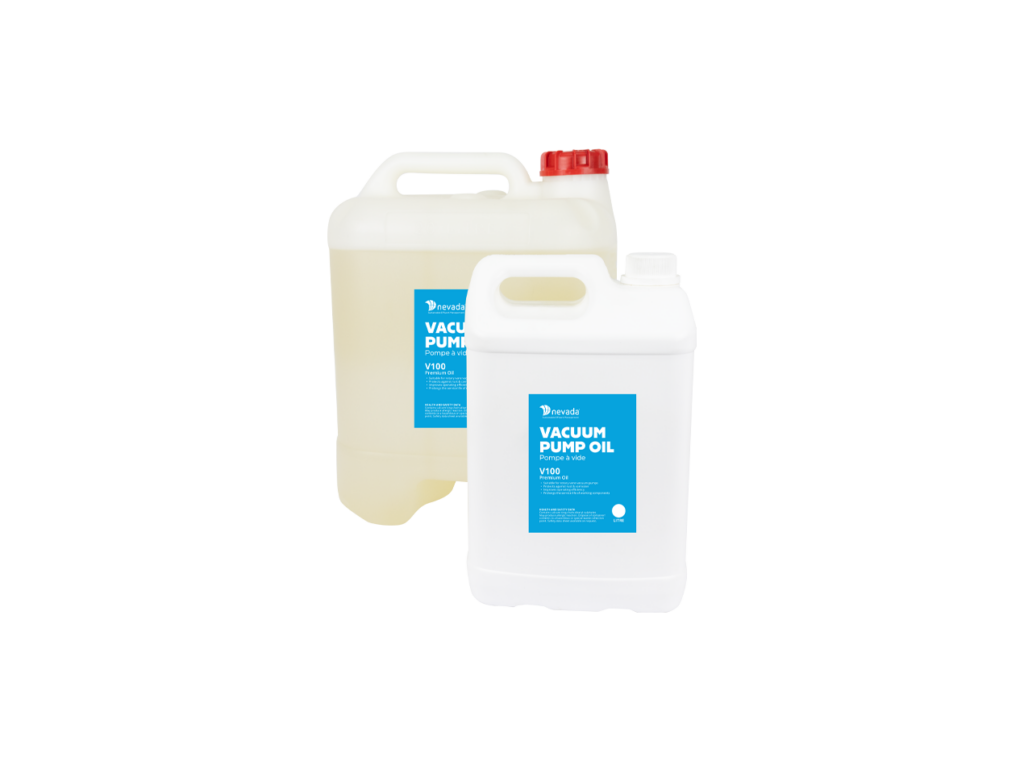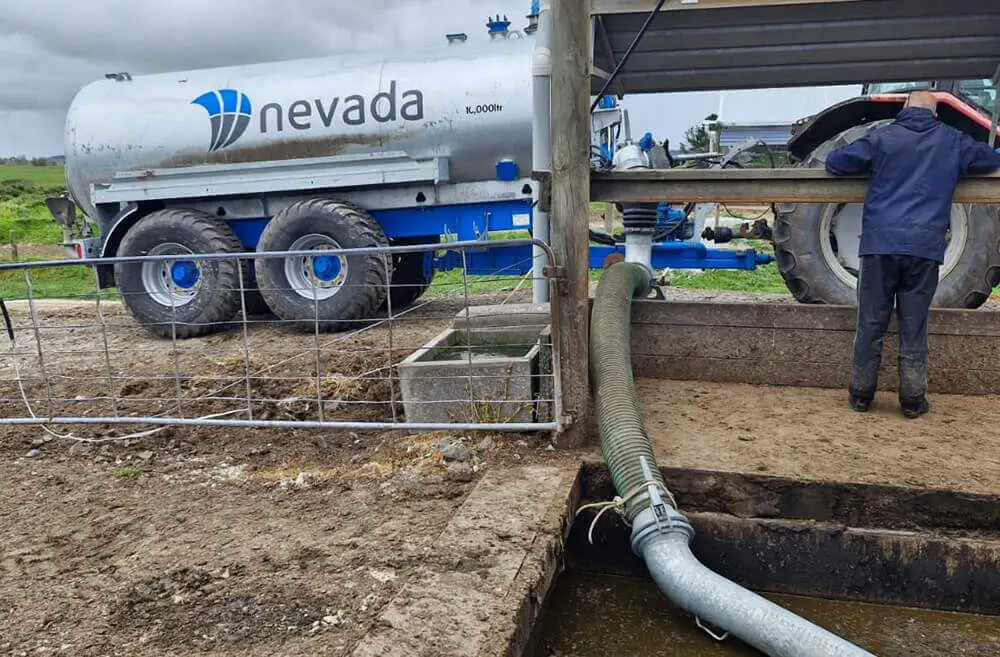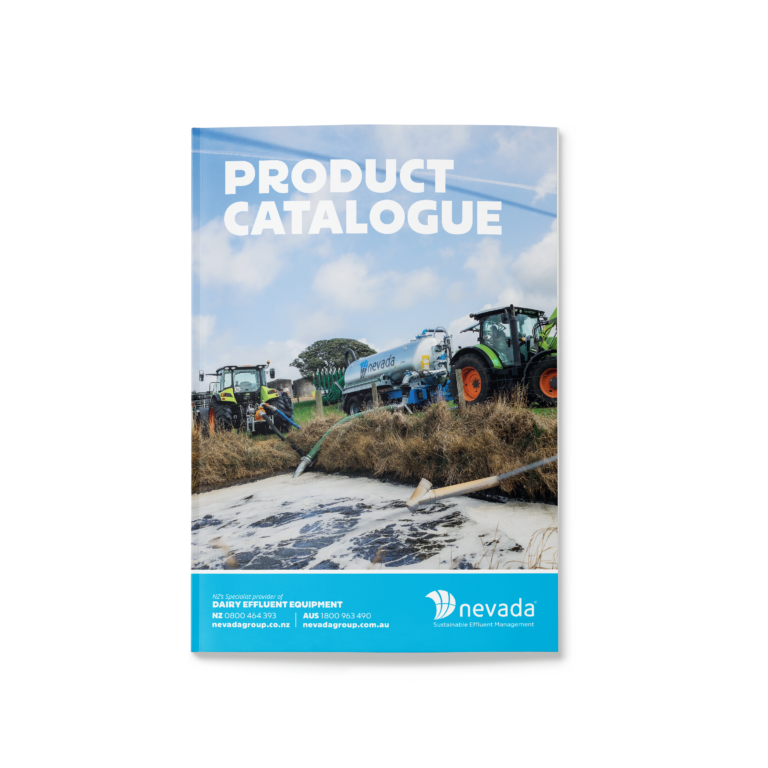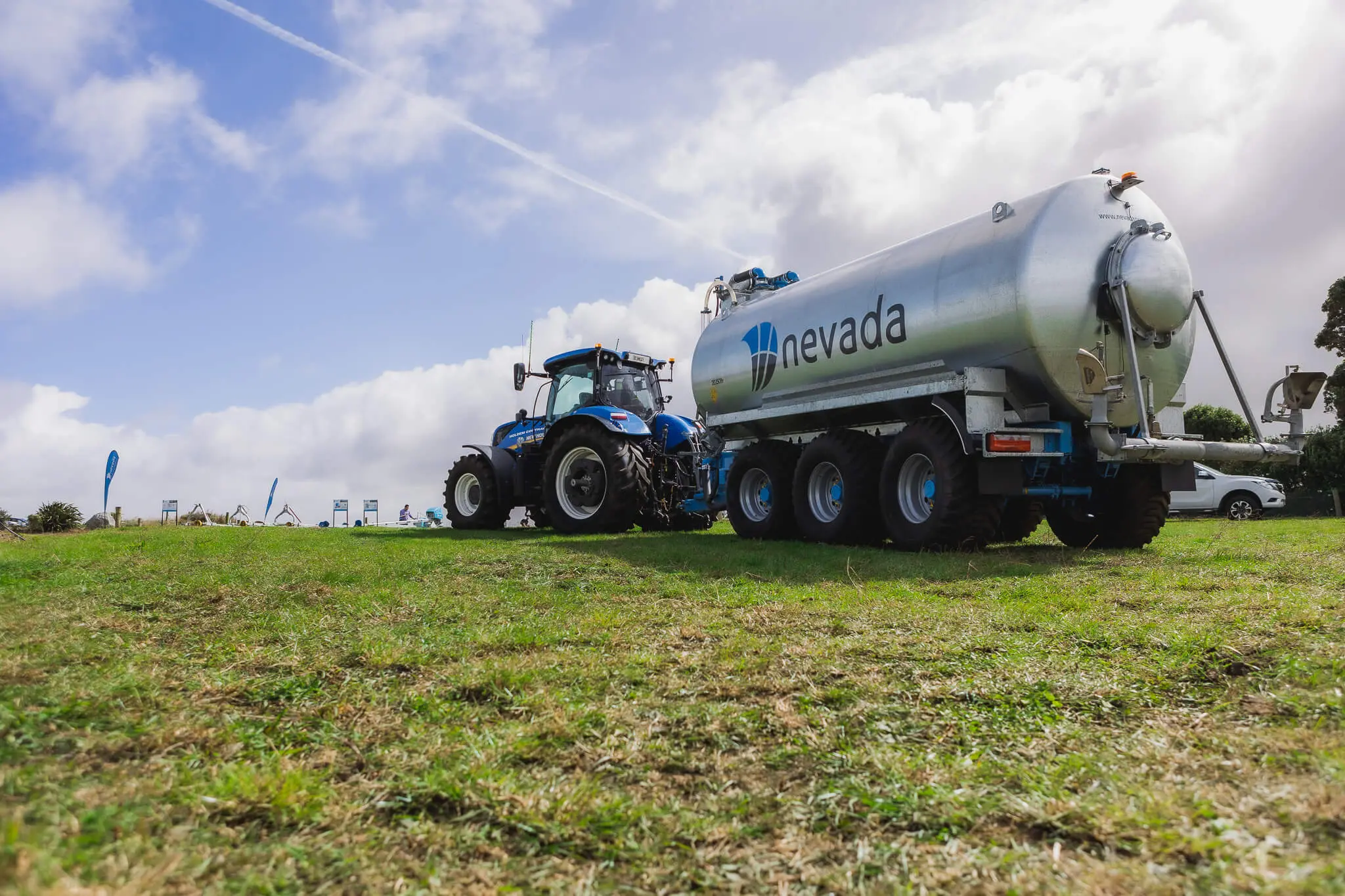- Sustainable Effluent Management
Vacuum pump oil does a whole lot more than just lubricate the pump. It’s needed for:

Feeding the vacuum pump too much or too little oil will affect the performance of the pump and reduce its lifespan. This is mainly due to:
Slurry tanker vacuum pumps are auto-lubricating, meaning oil is automatically distributed every time the pump is running. Just like a car, the oil needs to be kept topped up, and it’s important to follow manufacturers recommendations on how much oil should be fed through.
Nevada slurry tanker vacuum pumps require 1 drop of vacuum pump oil every 1-2 seconds.

Nevada’s vacuum pump oil is fit for purpose and specially formulated to perform in the conditions your slurry tanker is working in. Here’s what you can expect from Nevada Vacuum Pump Oil:
"*" indicates required fields

"*" indicates required fields

"*" indicates required fields

"*" indicates required fields

